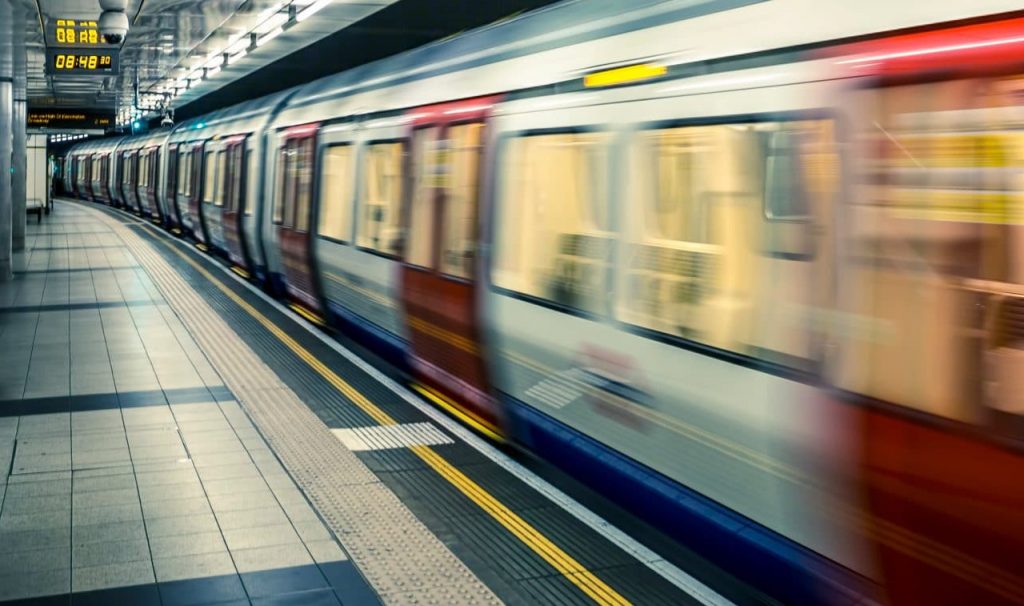
Transport for London has announced that they have come to an increased funding agreement with the government. The new agreement will see TfL receiving further base funding of around £1.2 billion. This will raise their total funding to £3.6 billion. It sees London’s public transport system being saved from what TfL has described as the “managed decline of the transport network”.
The funding agreement covers passenger revenue through to March of 2024. It is intended to act as a degree of support if passenger numbers do not bounce back in the coming weeks, months, and years, as predicted. In the wake of the the pandemic, there is still some uncertainty from TfL regarding future service usage. The funding also allows TfL to deliver on in-progress projects, and to provide increased budget to improvement works across London.
Importantly, the funding will also go towards the infrastructure within which TfL’s services operate. They will be able to “invest in improving London’s streets, including borough roads, with around £80m per year spent on projects that benefit people walking and cycling”.
In a statement, Transport for London Commissioner Andy Byford said:
“After weeks of negotiation, we have today reached agreement with Government on a funding settlement until 31 March 2024. This agreement, which was hard won, means that we can now get on with the job of supporting London’s recovery from the pandemic – to the benefit of the whole country. There is no UK recovery without a London recovery, and no London recovery without a properly funded transport network.”

Okay, so what does that all actually mean?
Improvement plans that are already underway will proceed. This allows TfL to purchase new carriages, improve stations, and improve general quality of transport across London. Further works that previously lacked funding can also now be budgeted for.
However, Sadiq Khan has warned that the funding is still not enough. He said:
“The Government is still leaving TfL with a significant funding gap, meaning we will likely have to increase fares in the future and still proceed with some cuts to bus services… There are also onerous strings attached, such as the Government’s condition requiring TfL to come up with options for reform of TfL’s pension scheme at pace, which could well lead to more industrial action and more disruption for commuters.”
It’s hard to say what the immediate benefit will be for travellers in the nation’s capital. Future strikes are still likely, but at the very least movement seems to be going in the right direction.

